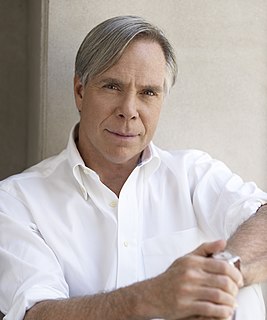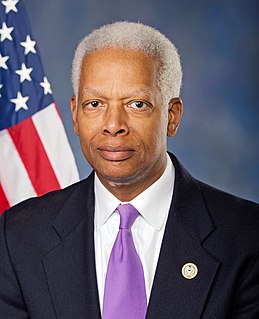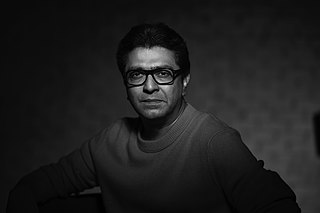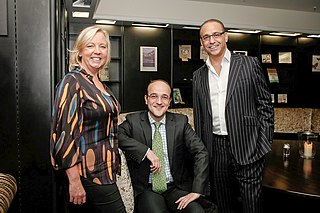A Quote by Albert Einstein
What can the schools do to defend democracy? Should they preach a specific political doctrine? I believe they should not. If they are able to teach young people to have a critical mind and a socially oriented attitude, they will have done all that is necessary.
Related Quotes
I think if a young person is passionate about something specific, he or she should follow their passion. You look at Bill Gates or Steve Jobs, all of these successes in Silicon Valley, these people have had passion in a specific area and have therefore succeeded. College isn't for everyone. If you don't have that passion or that specific focus in mind, I believe you should go to university and get an education.
All schools should teach children basic cooking skills. Every school should be able to buy sustainable, good quality food wherever possible from local sources. Every school should include food-growing in the curriculum. For some, that will mean twinning with willing farms. For others, it will mean literally building their own small farms.
In a wild and diverse democracy each of us should be trying to talk to lots and lots and lots of people outside of our own kind of comfort zone and community, and that injunction goes even further for political leaders. They should talk to everyone, they should listen to everyone, and at the end of the day they should have a mind of their own.
It is alleged by men of loose principles, or defective views of the subject, that religion and morality are not necessary or important qualifications for political stations. But the Scriptures teach a different doctrine. They direct that rulers should be men who rule in the fear of God, able men, such as fear God, men of truth, hating covetousness. But if we had no divine instruction on the subject, our own interest would demand of us a strict observance of the principle of these injunctions. . . .
That kind of skeptical, questioning, "don't accept what authority tells you" attitude of science - is also nearly identical to the attitude of mind necessary for a functioning democracy. Science and democracy have very consonant values and approaches, and I don't think you can have one without the other.
School is established, not in order that it should be convenient for the children to study, but that teachers should be able to teach in comfort. The children's conversations, motion, merriment are not convenient for the teacher, and so in the schools, which are built on the plan of prisons, are prohibited.
But we either believe in democracy or we don't. If we do, then, we must say categorically, without qualification, that no restraint from the any democratic processes, other than by the ordinary law of the land, should be allowed. If you believe in democracy, you must believe in it unconditionally. If you believe that men should be free, then, they should have the right of free association, of free speech, of free publication. Then, no law should permit those democratic processes to be set at nought.



































